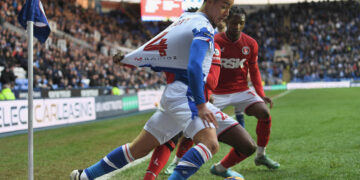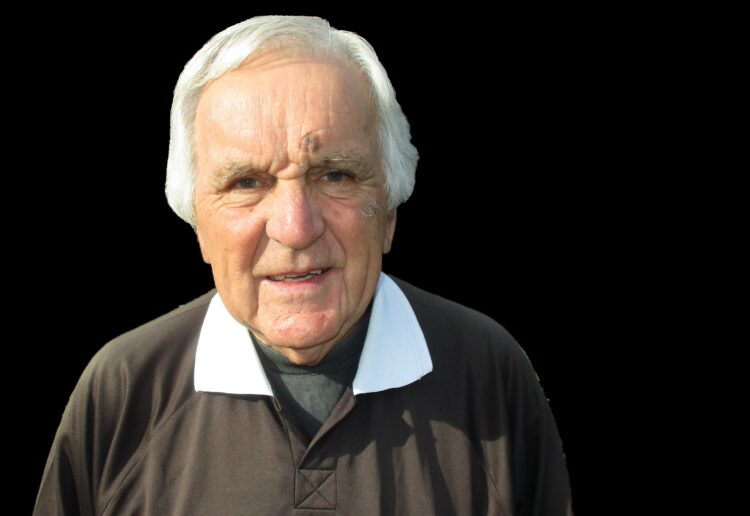Recently I read an article entitled ‘Why we should love our referees’,written by Craig Fowler who was writing about Scottish referees.
He wrote, ‘If only our national team was as terrible as our referees, we’d be a much more successful football country’.
He was referring to the fact that Scottish referees are regularly appointed to international games by UEFA or FIFA but the Scottish football team, seldom plays in them.
What attracted me, however, was the sub headline ‘ The football rule book is extremely vague when it comes to fouls’. He wrote, ‘the Laws of the Game tell a referee it’s a foul if a player ’trips, kicks, jumps at, charges. strikes, pushes, or tackles an opponent in a manner which is careless, reckless or uses excessive force’. You can scarcely get more ambiguous. A group of referees could look at the same incident and have a 50/50 split on whether it constitutes a foul’.
I’ve been to many referees’ meetings where a video of an incident is shown and there is seldom a unanimous decision amongst the referees present. I’ve often said in this column that many decisions are subjective and perhaps Craig Fowler has found the real reason. There are a lot of the Laws which are not spelt out, so it has to come down to the training referees receive.
Let’s take one point Craig makes ‘There isn’t any mention in the Laws of the Game about “playing the ball”, which is one of the most common phrases at all levels of football’. As an FA referee tutor, I would physically illustrate this by acting as a player coming in from the side of an opponent who has the ball. If I played the ball and then the opponent fell over my leg, that would be perfectly fair.
If however, I made contact with the opponents legs before playing the ball, it was a foul. Also, showing that playing the ball fairly when coming from behind is possible but normally would involve in hitting the opponents legs first. So was the opponent falling over an outstretched leg after the ball had been played, or was he brought down?
That’s my interpretation of the Law but I’ve never seen it written anywhere, so other tutors may have their own interpretation. Similarly, I always taught a charge as being a shoulder charge, and to be fair it must be shoulder to shoulder and not into the back or chest and if one player lifts his arm it becomes pushing. Am I right?
It is easy to see why the Laws are so subjective.
By Dick Sawdon Smith
























